when should you go to the hospital for a fever after covid vaccine
Determining when to go to the hospital or seek medical care can be a challenge particularly in the age of COVID-19 coronavirus. The first involves oxygen which is the most common.
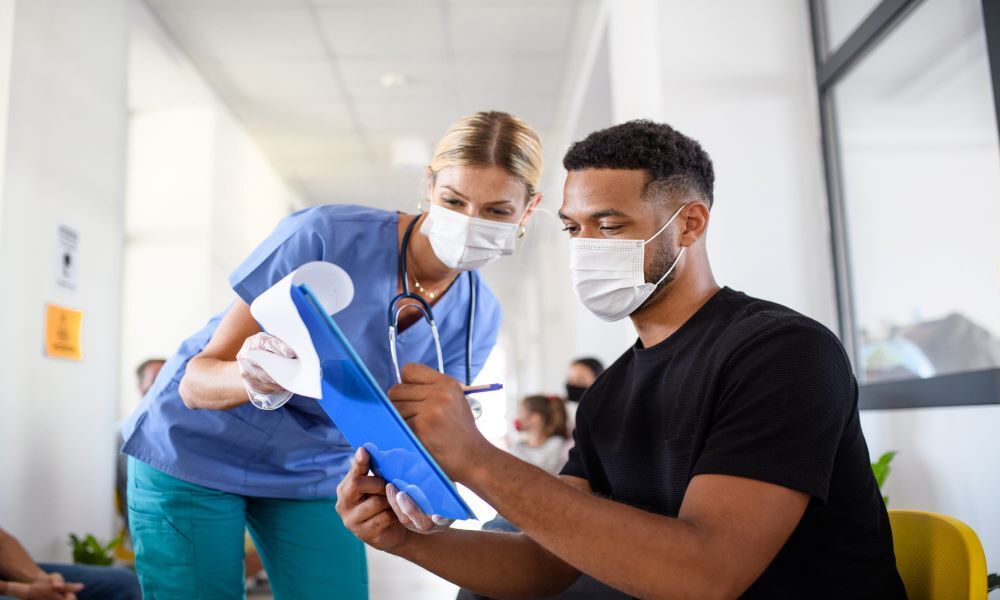
Covid 19 Vaccination Side Effects How To Manage And When To Report Them
Also if a moderately or severely immunocompromised patient with COVID-19 was symptomatic there should be resolution of fever for at least 24 hours without the use of fever-reducing medication and improvement of other symptoms.
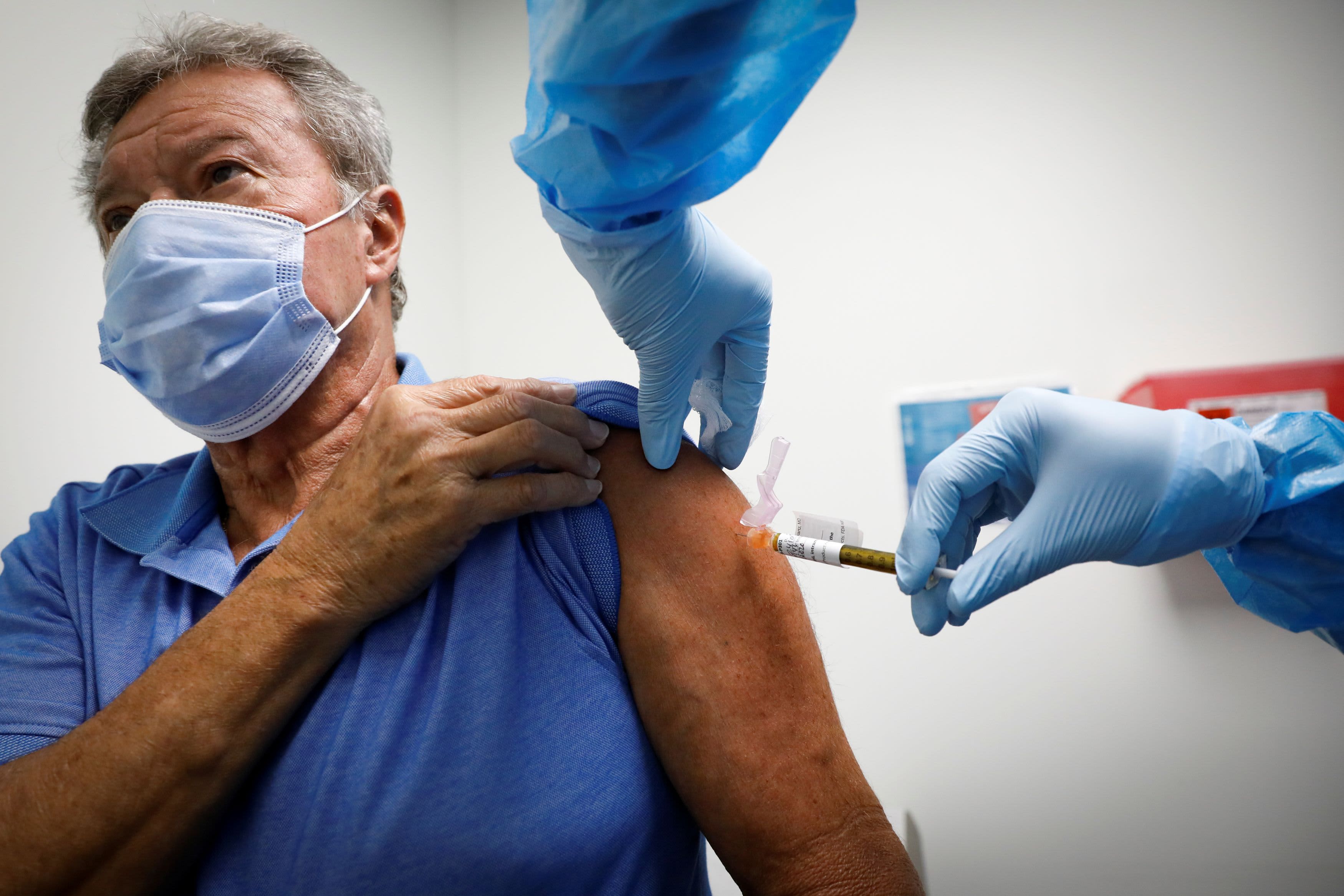
. Hospitals are safe places for care. Fever is one of the ways your body. Difficulty breathing A persistent pain or pressure in your chest Bluish lips or face New confusion or inability to arouse If you call 911 let them know you may have symptoms of COVID-19 so they can take the necessary precautions.
Or trouble breathing call your physician at AdventHealth or your local health department and seek medical advice. If you have a fever and cough or other cold or flu symptoms but are otherwise healthy. You will not have to pay if you go to a hospital or emergency department ED to be treated for COVID-19.
There are 756 people hospitalized in Utah with COVID-19 and 22 additional deaths from the virus. In this instance as well its important to call ahead before showing up at the urgent care. Life support can be used in extreme cases.
Consider seeing a doctor if. It may be worth scheduling. But there are warning signs that warrant an emergency trip to the hospital.
When you call let them know you could be experiencing symptoms of COVID-19. Treatment at hospital for COVID-19 may include. Severe Symptoms If you are experiencing a medical emergency call 911.
People who have a hard time breathing on their own because of COVID-19 may need a respirator. High fever that doesnt lower with over-the-counter pain medication. Most fevers will resolve in a few days but Dr.
Utahs rolling seven-day average for positive tests is 10762 per day and the rolling seven-day average for percent positivity is 425 when all results are included and 297 when multiple tests by an individual are excluded. These symptoms can appear two to 14 days after exposure to coronavirus according to the CDC. These COVID-19 symptoms are a sign you should get to a hospital Back to video With Omicron the most common mild symptoms include a fever 38 degrees Celsius or higher cough congestion muscle.
If you have body aches fatigue and some nausea but are still able to eat and are just generally feeling uncomfortable you may not need emergency medical care. Most people recover well at home without ever seeing a provider. Lets start with when you definitely should go to hospital for a bad.
Joseph says some circumstances could be reason to see a provider either in a primary care office or urgent care clinic. COVID-19 symptoms including fever can start anywhere from 2 days to 2 weeks after exposure to the virus. Protective measures are in place to prevent the spread of COVID-19.
If you or a family member has a fever defined by the CDC as 1004º F or 38º C or higher. When should I go to the hospital. If you experience any of the following symptoms you should seek emergency treatment.
Wilson said there are generally two situations when people should visit an emergency room for COVID-19. Learn more about symptoms that should be address in a hospital. If you are experiencing the severe symptoms listed below go to the nearest hospital or emergency room right away.
The Centers for Disease Control and Prevention advises people to stick around for 15 minutes after vaccination and those with a history of other allergies for 30 minutes so they can be monitored. Fever lasts longer than three to five days Fever doesnt respond to fever-reducing medications such as acetaminophen or ibuprofen Tylenol or Advil. It can be hard to know when to be evaluated for COVID-19-related symptoms.
Medicines to reduce a fever. Dont be afraid to go to the hospital. Many people with mild symptoms of.
Loss of taste and smell may persist for weeks or months after recovery and need not delay the end of isolation. In both cases however keep in mind that it is much better if possible to call ahead before visiting a medical facility as many clinics hospitals and doctors offices have special protocols in place to lower the risk of COVID-19 spread. People whove had any COVID-19 vaccine in the.
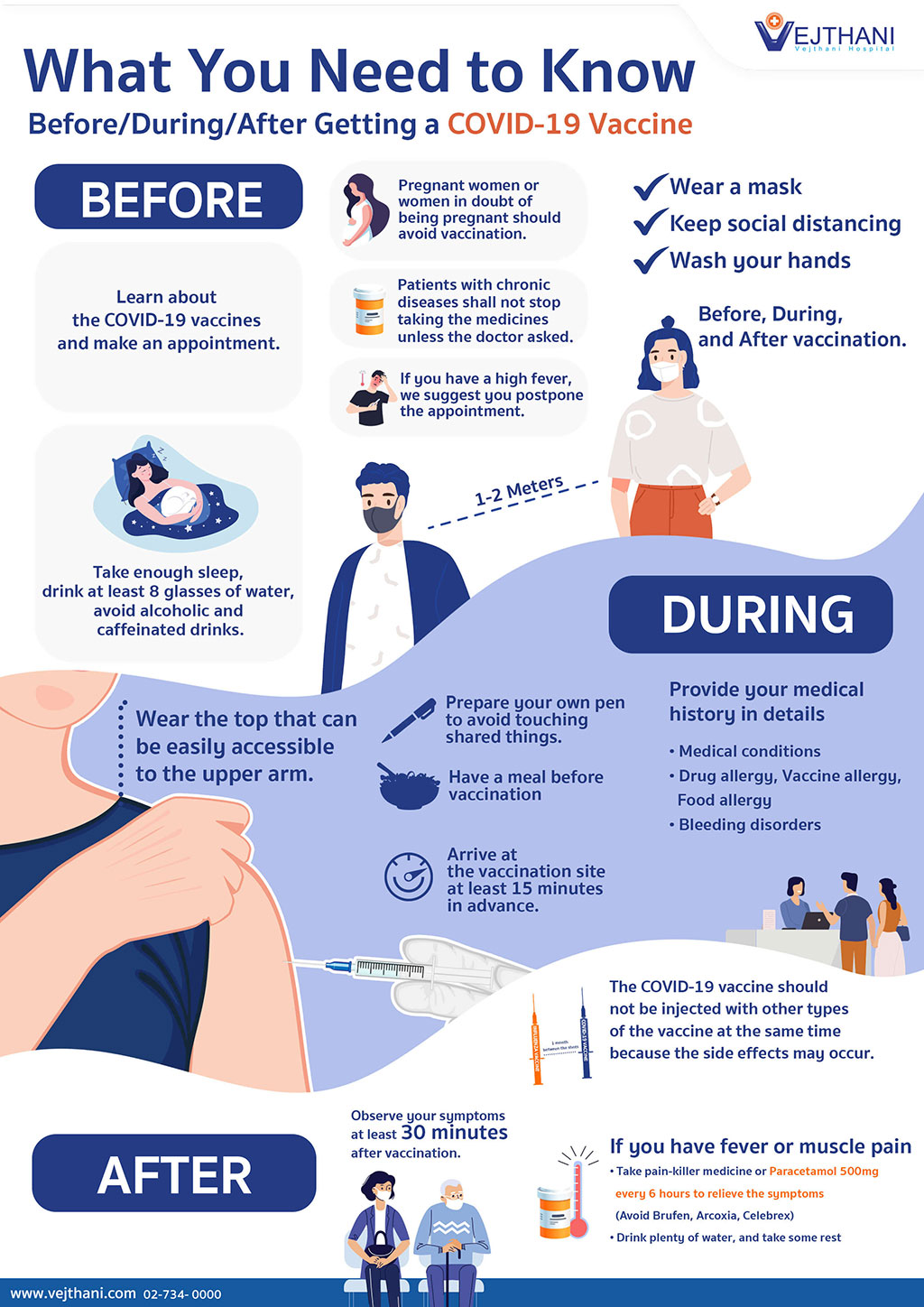
What You Need To Know Before During After Getting A Covid 19 Vaccine Vejthani Hospital Jci Accredited International Hospital In Bangkok Thailand

Fever In A Newborn Children S Hospital Of Philadelphia

Side Effects And Covid 19 Vaccines What To Expect Hub

Children And The Covid Vaccine Information For Parents The New York Times

Covid 19 Vaccine Frequently Asked Questions The Loop
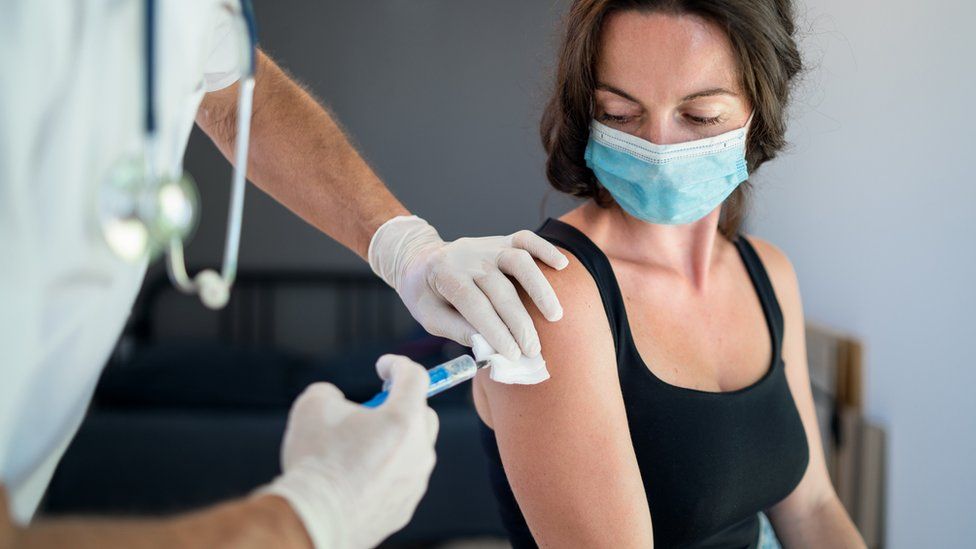
Normal To Feel A Bit Unwell After Covid Vaccine Bbc News
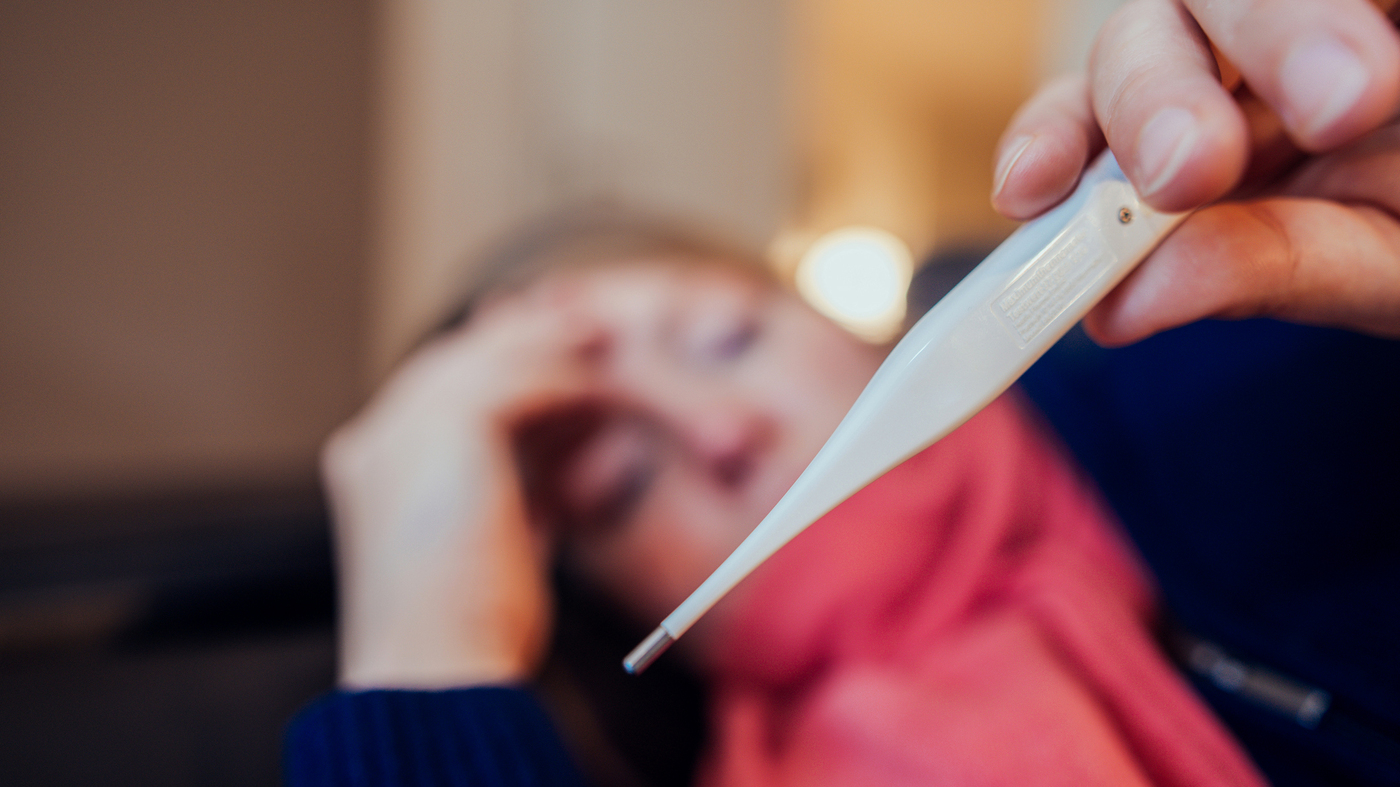
What To Do If You Think You Ve Got Symptoms Of Covid 19 Shots Health News Npr
:max_bytes(150000):strip_icc()/when-to-expect-covid-19-vaccination-side-effects-5176621_V1-67a15605548f4e64b078cf5ab85213d1.jpg)
A Timeline Of Covid 19 Vaccine Side Effects

Possible Side Effects Of Covid 19 Vaccine Bangkok Hospital
Most Common Covid 19 Symptoms Based On Vaccination Status Chart

Is Fever A Symptom Of Covid 19

Covid Vaccine Cdc Should Warn People The Side Effects From Shots Won T Be Walk In The Park
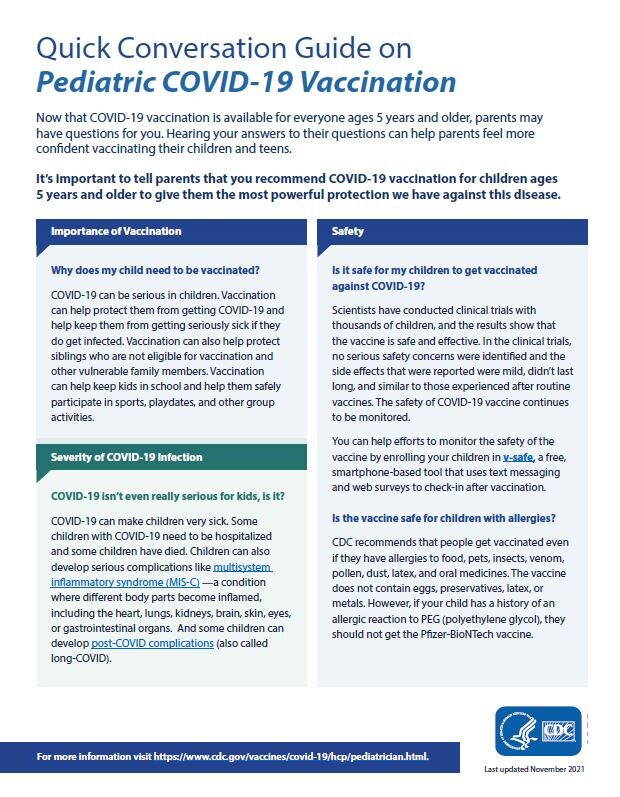
Quick Conversation Guide On Covid 19 Vaccines For Children
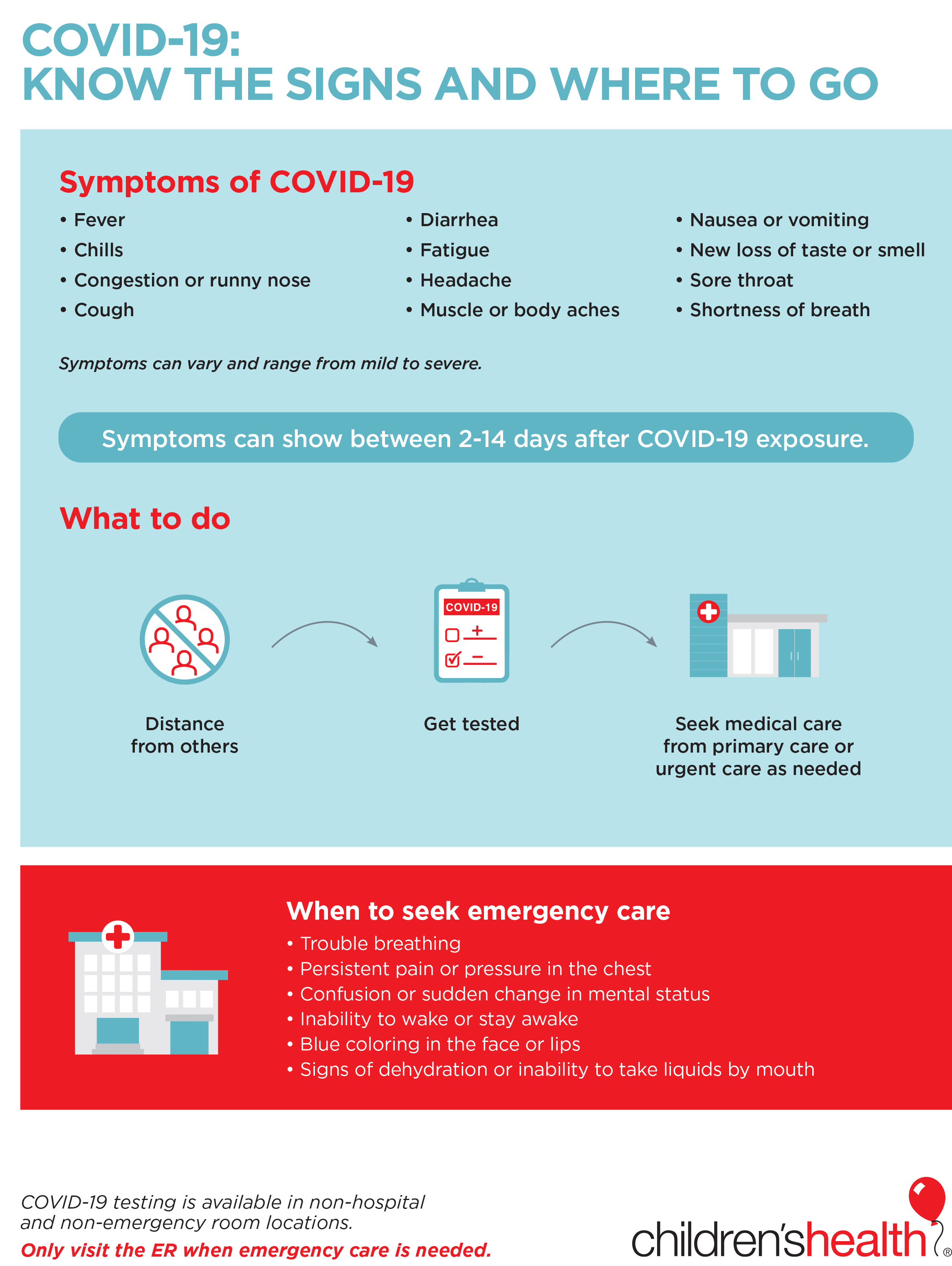
When To Go To The Er For Covid 19 Children S Health
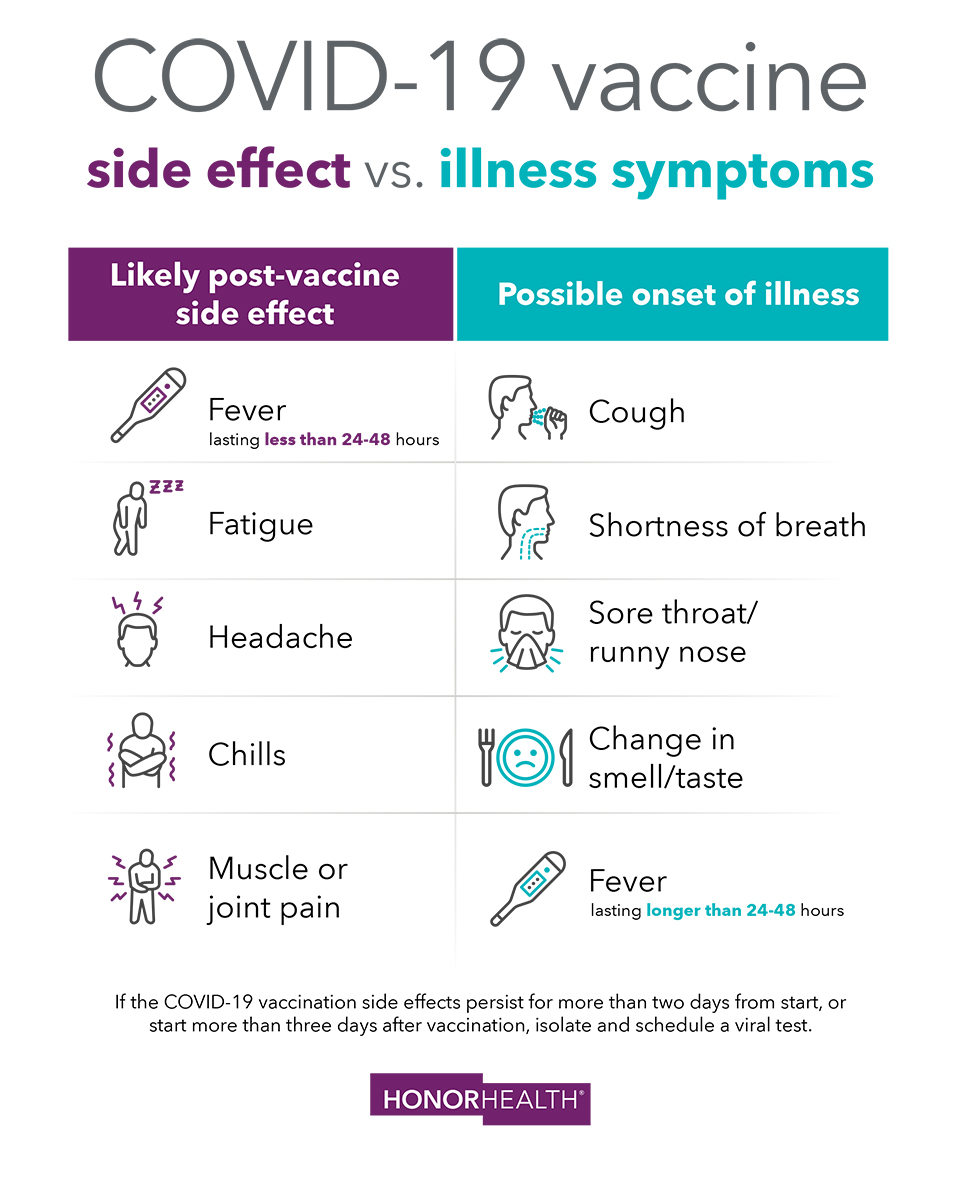
Q A Vaccine Side Effects Honorhealth

I Felt Sick After Getting A Vaccine Why Office For Science And Society Mcgill University

What The Vaccine Side Effects Feel Like According To Those Who Ve Gotten It The New York Times
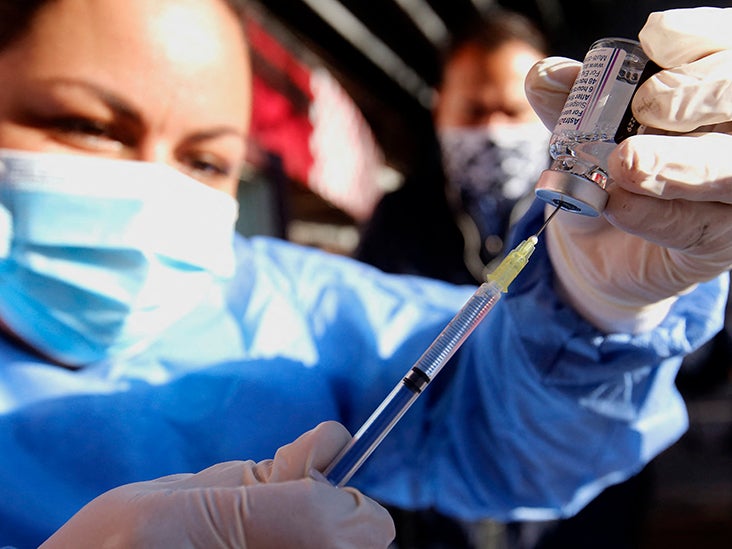
What Are The Side Effects Of Covid 19 Vaccines And Should You Worry